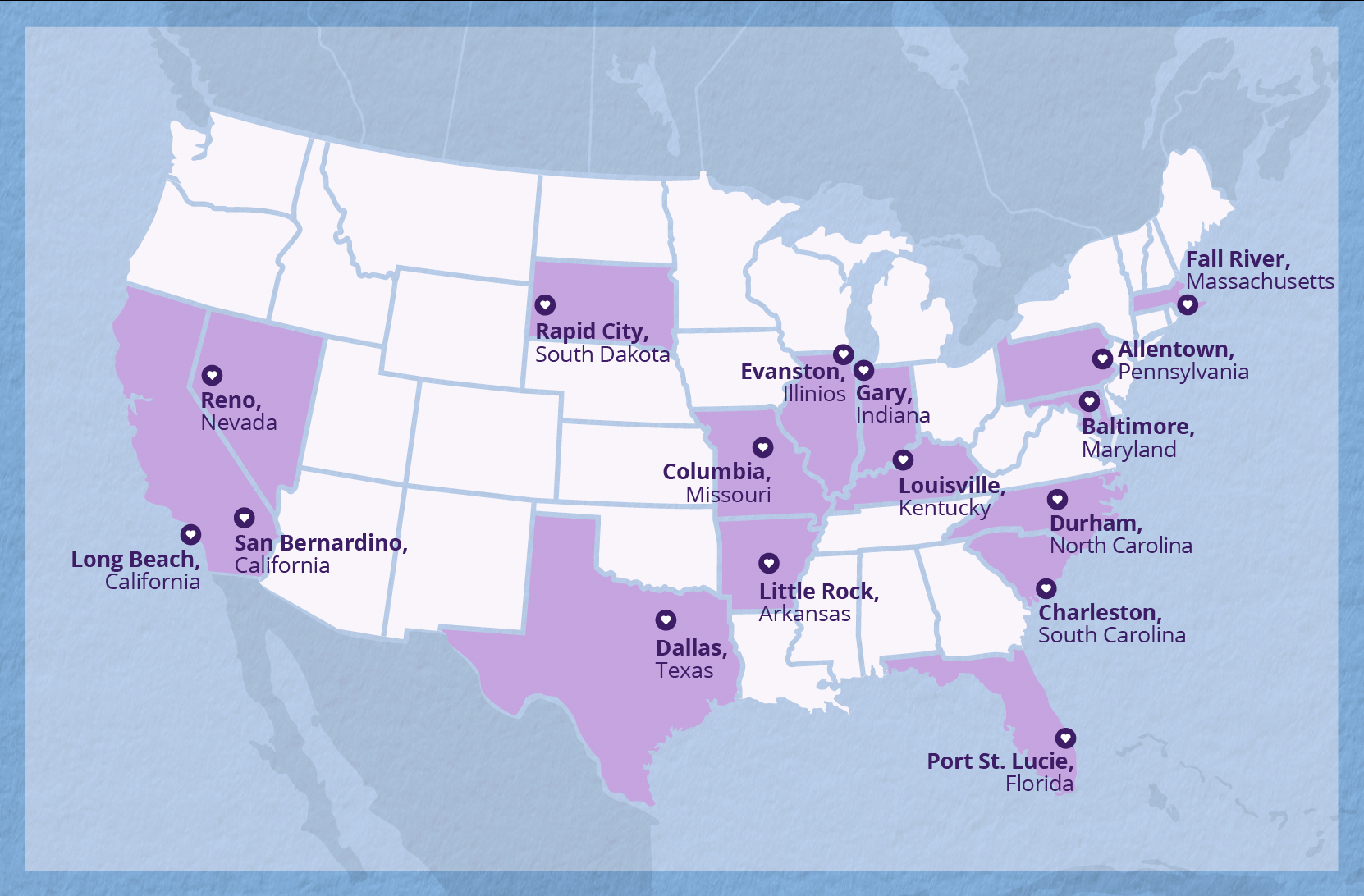2024-2026
Love Your Block
What Is Love Your Block?
Love Your Block is a grant program that funds resident-led neighborhood revitalization projects in U.S. cities. From transforming vacant lots into community gardens to repairing playground equipment to removing trash and debris from a public right of way, the program supports cities as it enables residents to design, develop, and deliver programs and policies that improve communities.
Established and supported by Bloomberg Philanthropies, Love Your Block builds on the successful legacy of Cities of Service, which has helped hundreds of mayors and municipalities engage residents as a leading voice in public problem-solving since its launch by New York City mayor Michael R. Bloomberg in 2009.
In addition to reducing blight and improving public spaces, a 2021 study by the Urban Institute found that cities participating in Love Your Block were able to strengthen social cohesion among residents, increase civic participation, and build stronger relationships with community members, leading to greater trust in local government.
Love Your Block is one of a number of programs that the Bloomberg Center for Public Innovation at Johns Hopkins supports to equip local governments as they unlock the insight, talent, and energy of their residents.
Since its founding in 2009, Love Your Block has reached nearly 50,000 community members who have improved nearly 4,000 public spaces – creating nearly 800 art displays, cleaning 102,000 square feet of graffiti, and removing 6.7 million pounds of trash in cities nationwide. A total of 50 U.S. cities across 33 states have received support through the program.
Introducing the 16 U.S. Cities Joining the 2024-2026 Love Your Block Program
Allentown,
Pennsylvania
Baltimore,
Maryland
Charleston,
South Carolina
Columbia,
Missouri
Dallas,
Texas
Durham,
North Carolina
Evanston,
Illinois
Fall River,
Massachusetts
Gary,
Indiana
Little Rock,
Arkansas
Long Beach,
California
Louisville,
Kentucky
Port St. Lucie,
Florida
Rapid City,
South Dakota
Reno,
Nevada
San Bernardino,
California
Meet the Mayors of the 2024-2026 Love Your Block Program
Allentown,
Pennsylvania
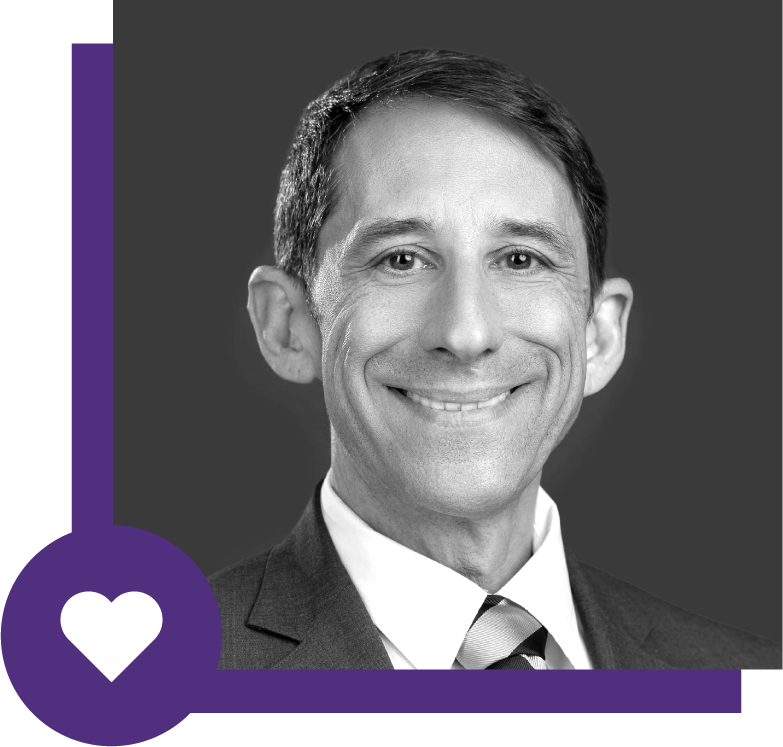
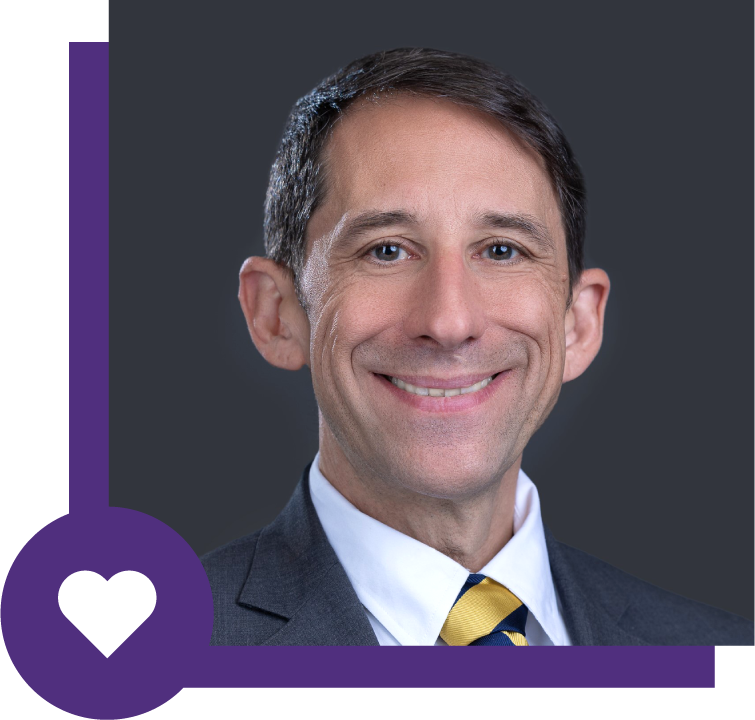
Mayor Matt Tuerk
Baltimore,
Maryland
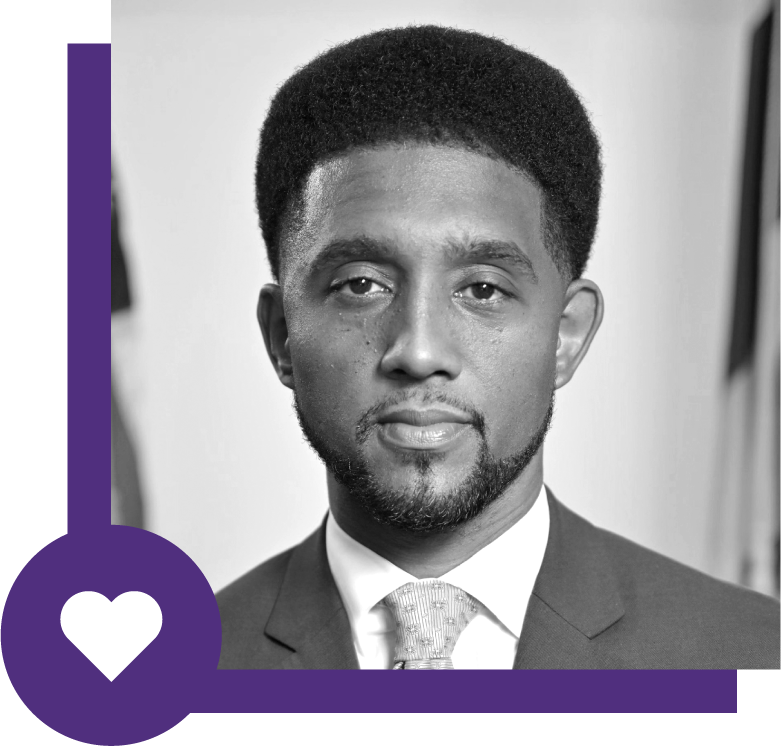

Mayor Brandon M. Scott
Charleston,
South Carolina
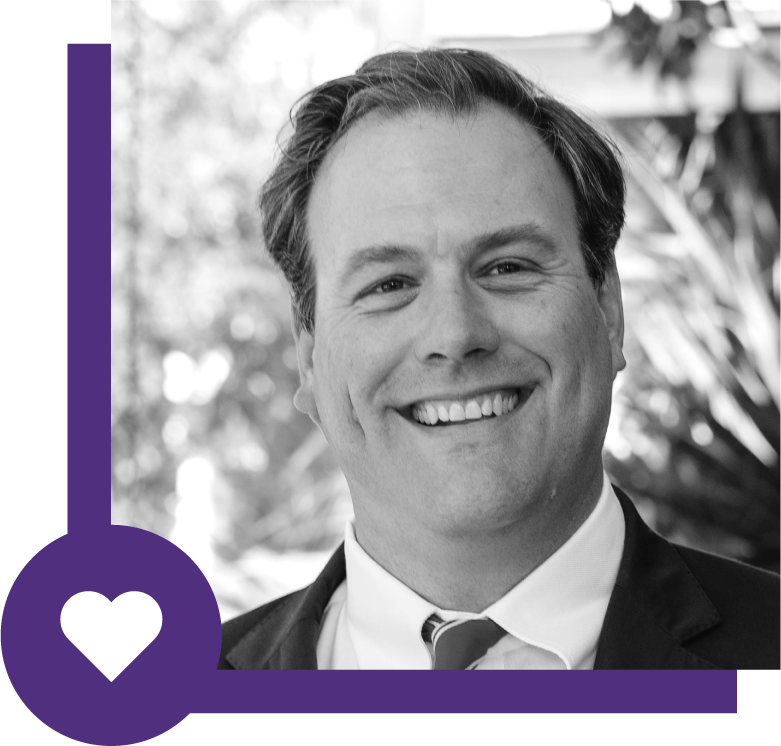

Mayor William S. Cogswell
Columbia,
Missouri
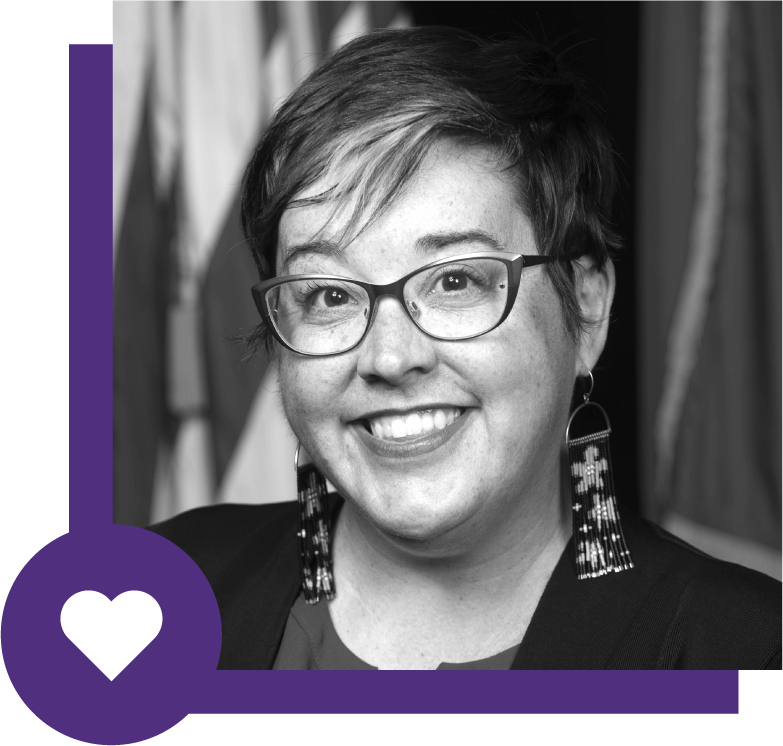
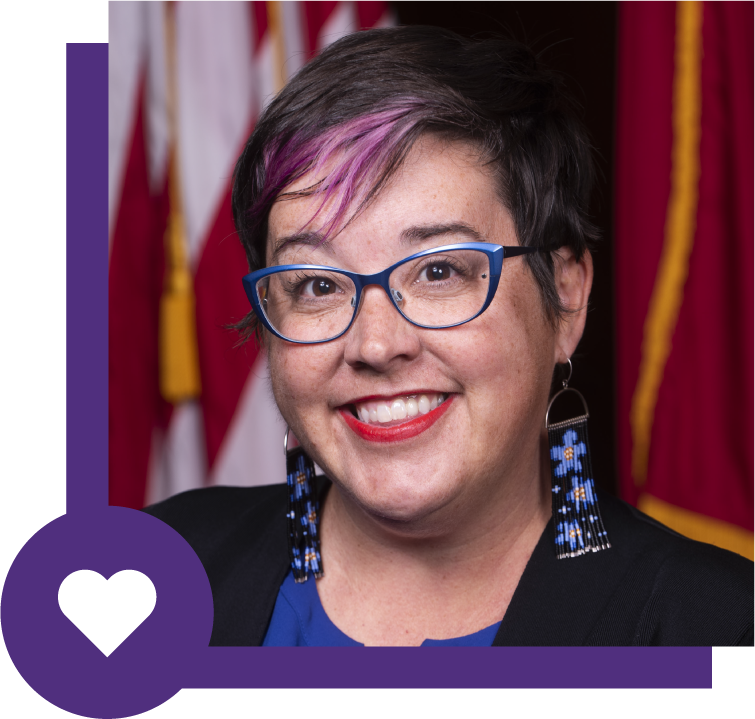
Mayor Barbara Buffaloe
Dallas,
Texas
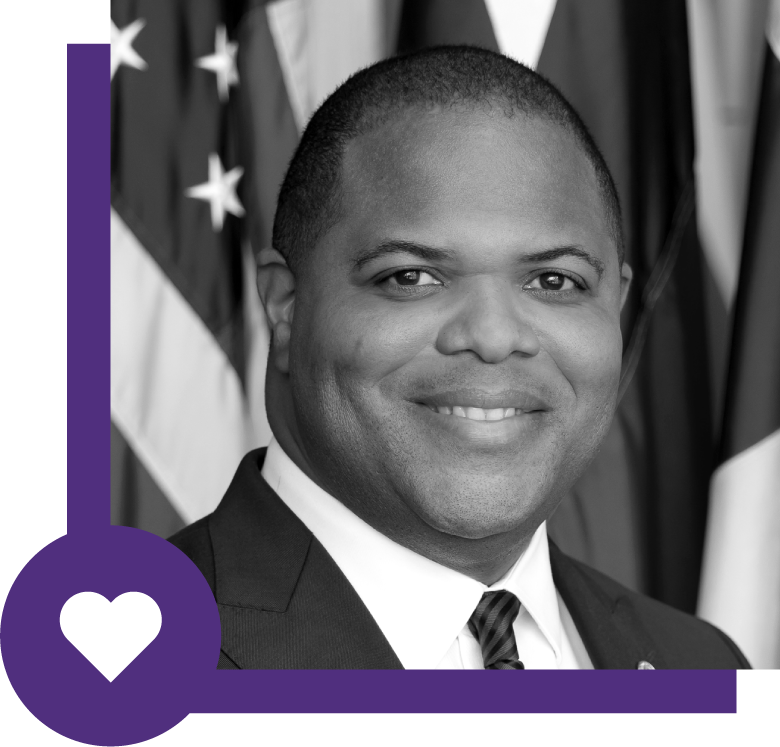

Durham,
North Carolina
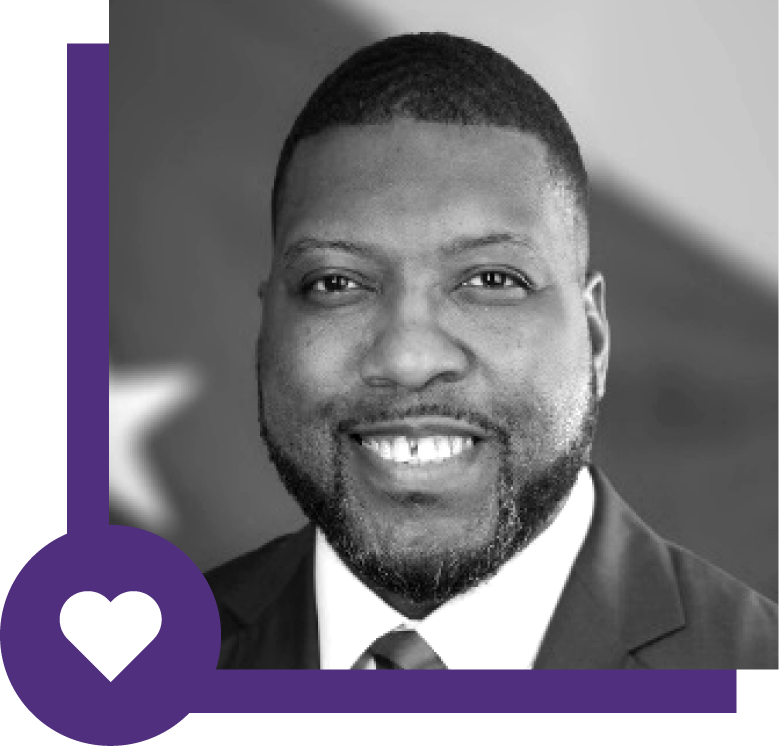
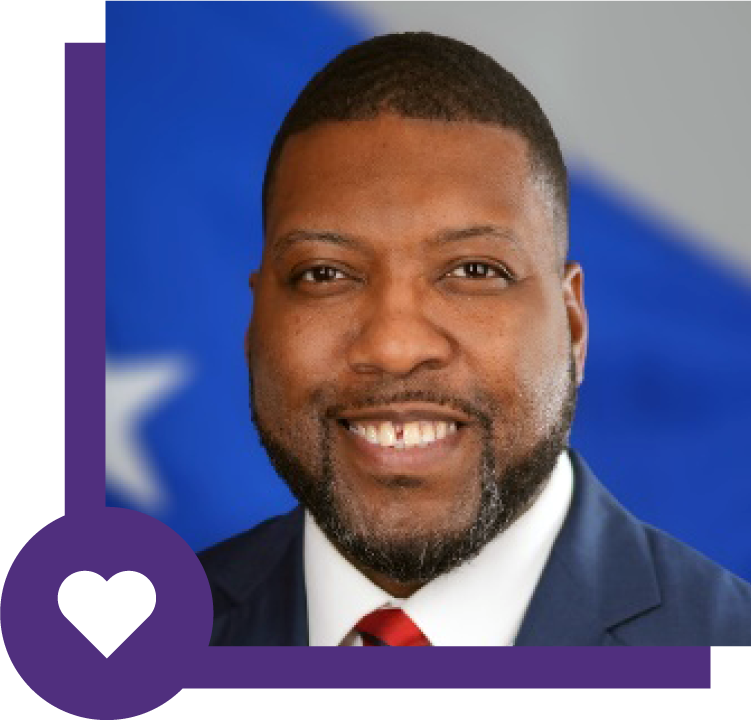
Evanston,
Illinois
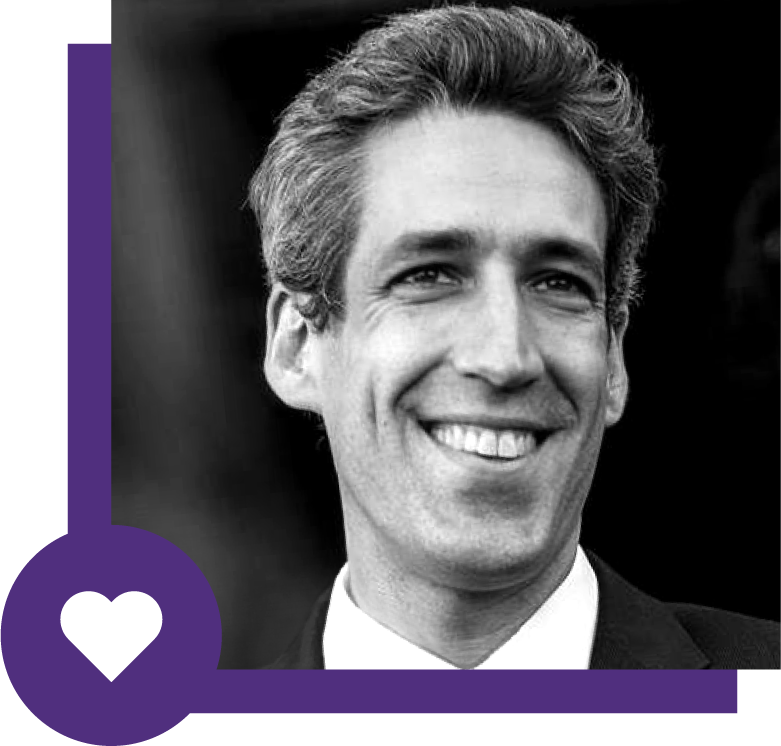

Fall River,
Massachusetts
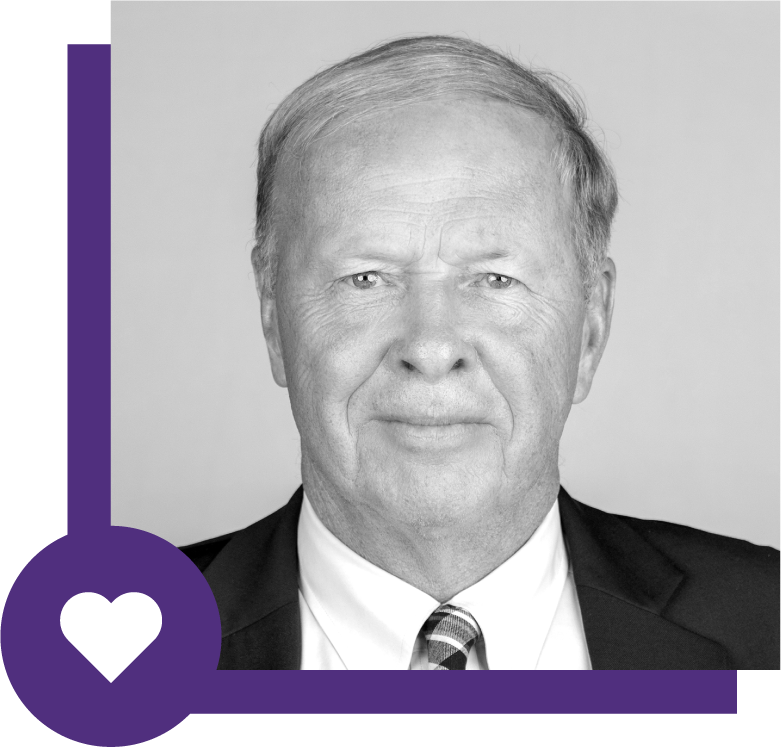
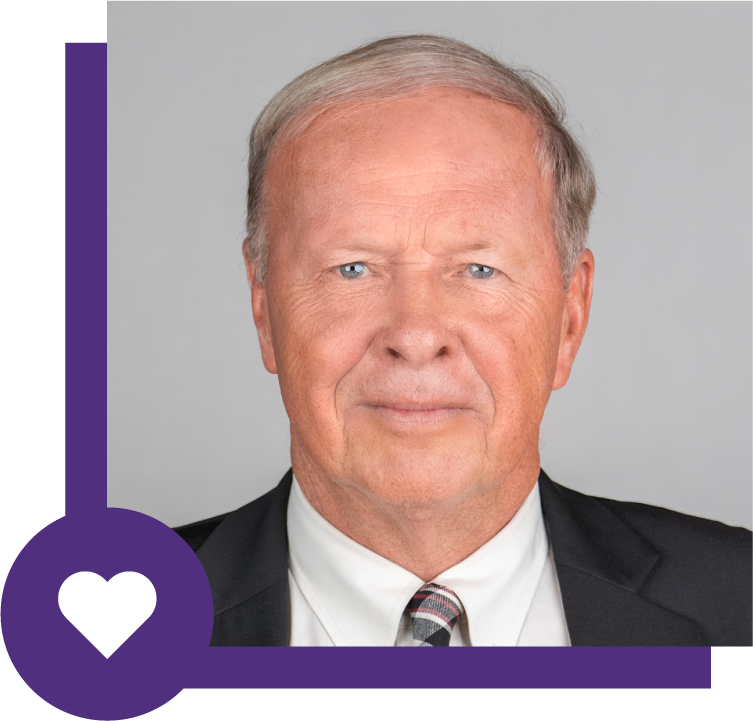
Gary,
Indiana
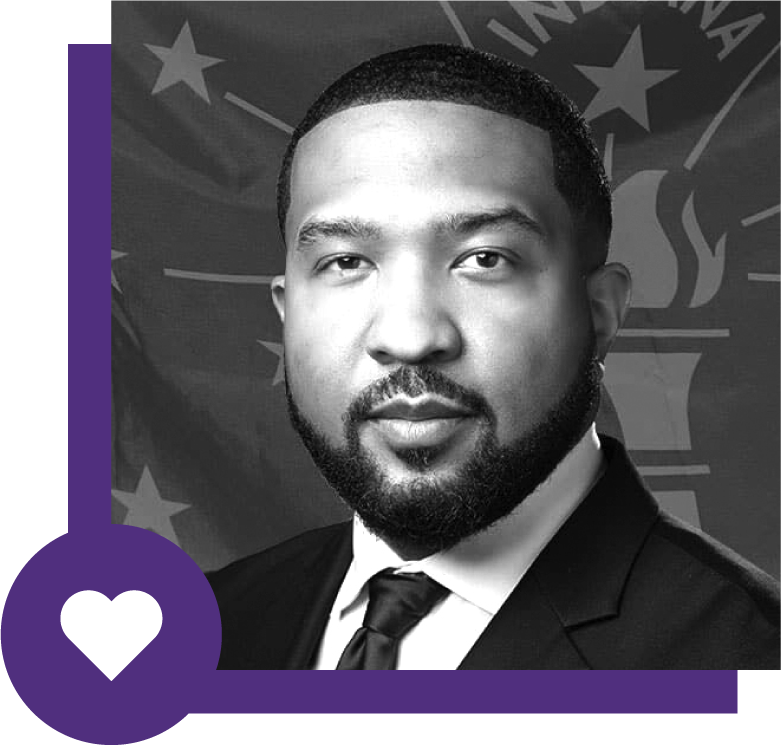

Little Rock,
Arkansas
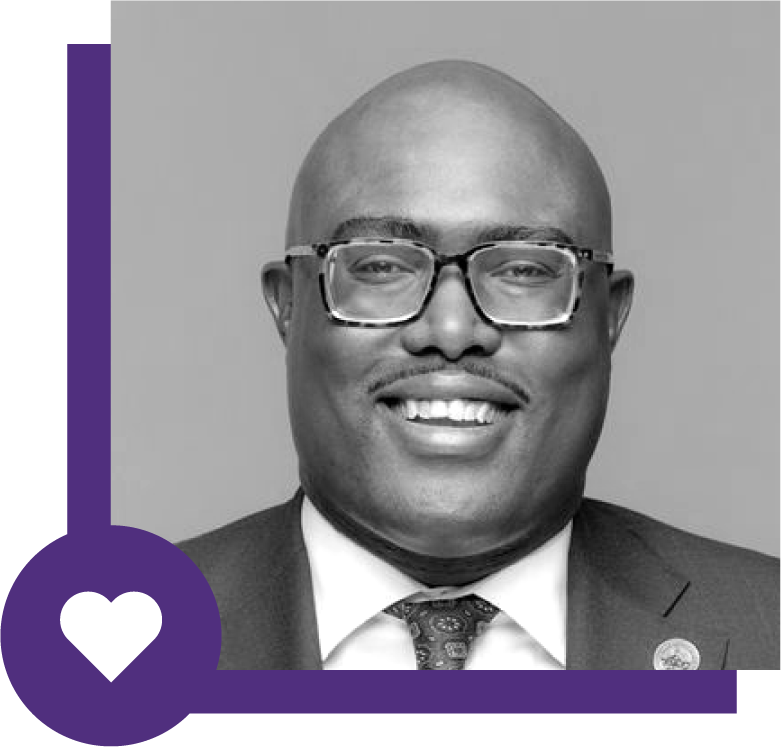

Long Beach,
California
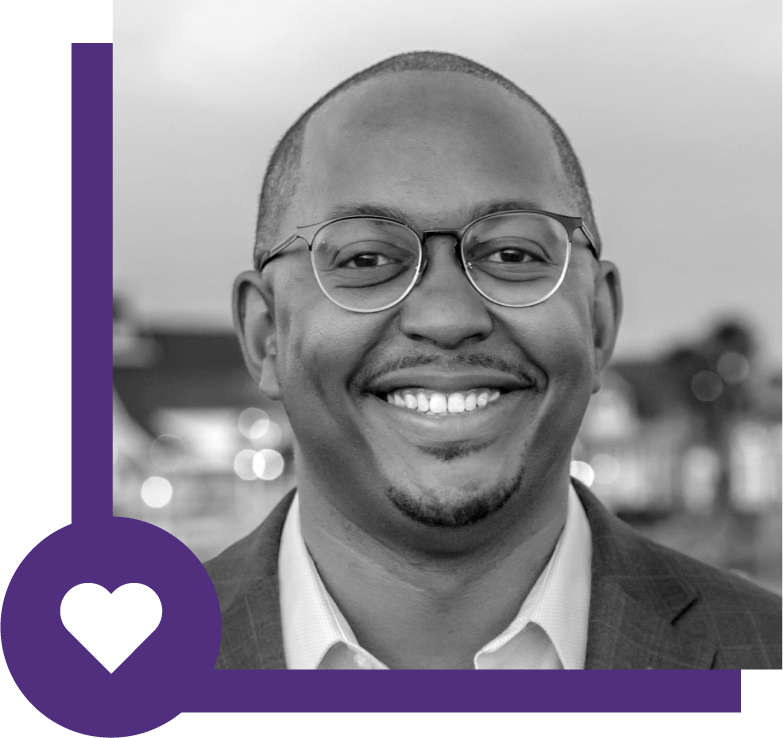
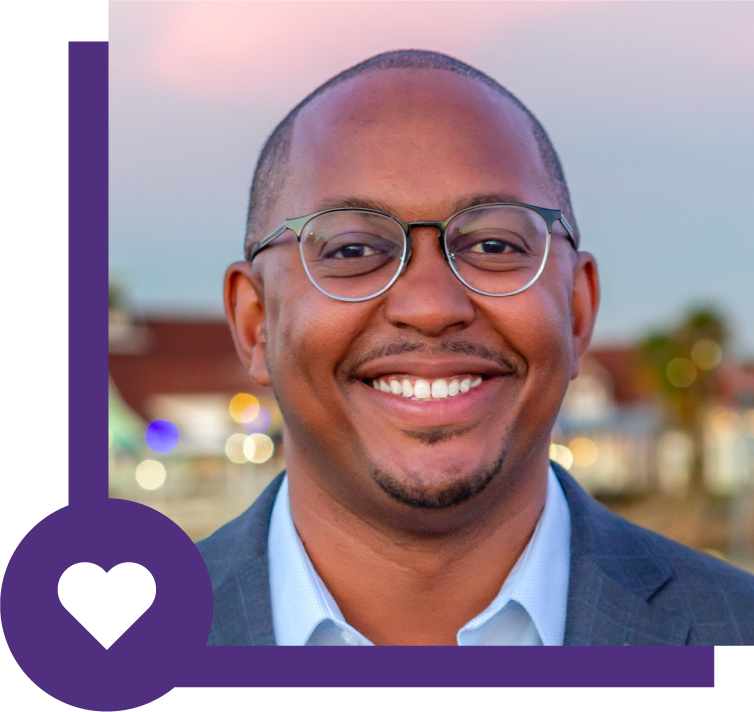
Louisville,
Kentucky
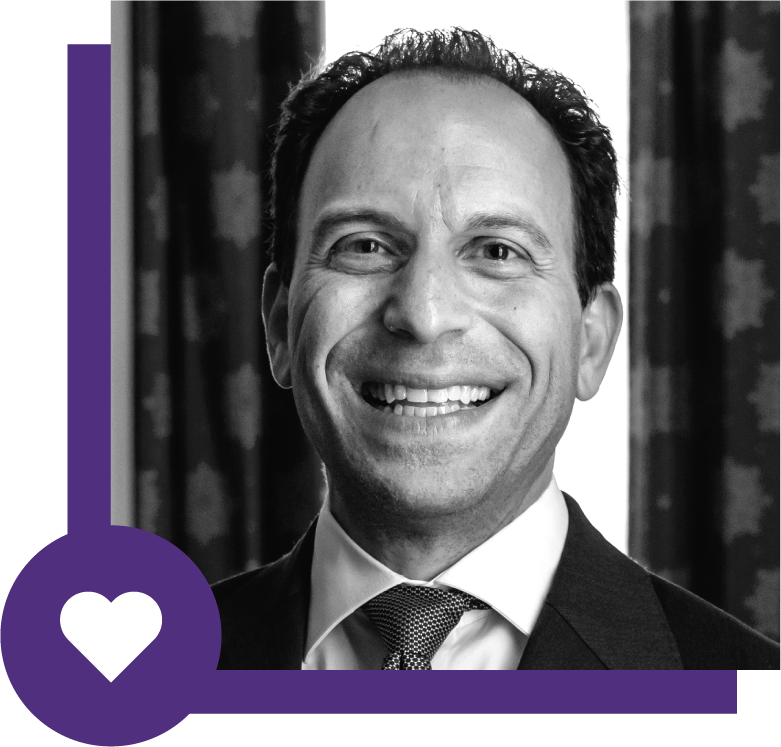
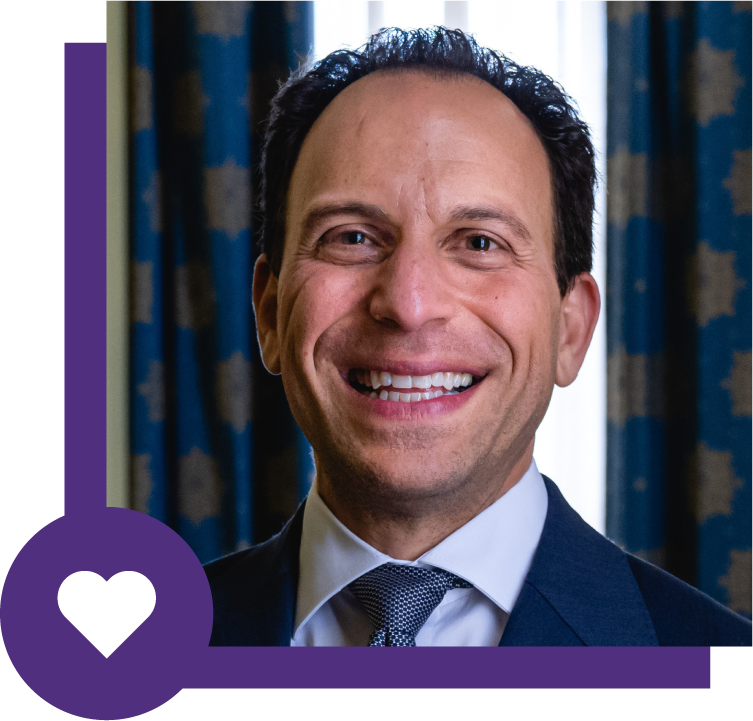
Port St. Lucie,
Florida
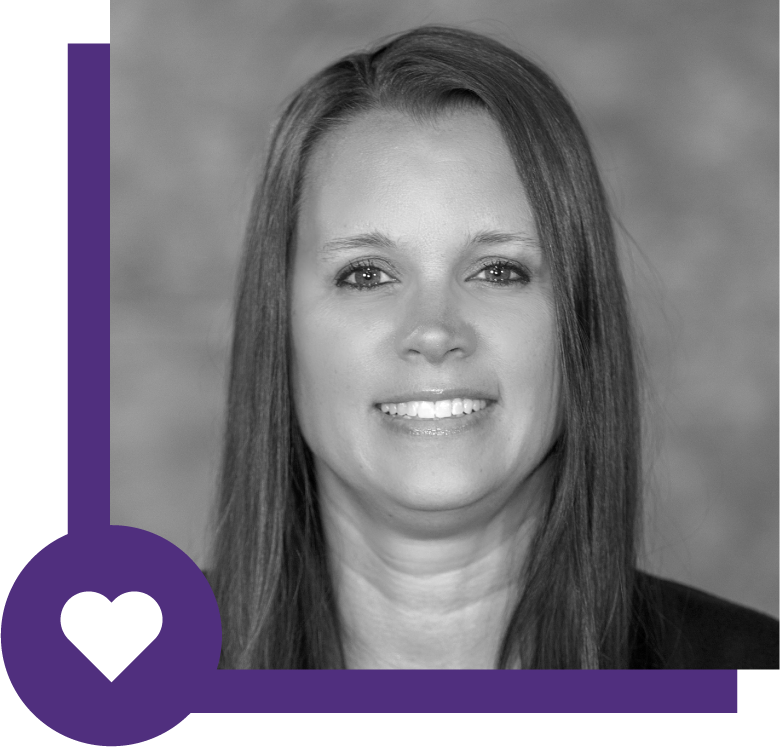

Rapid City,
South Dakota
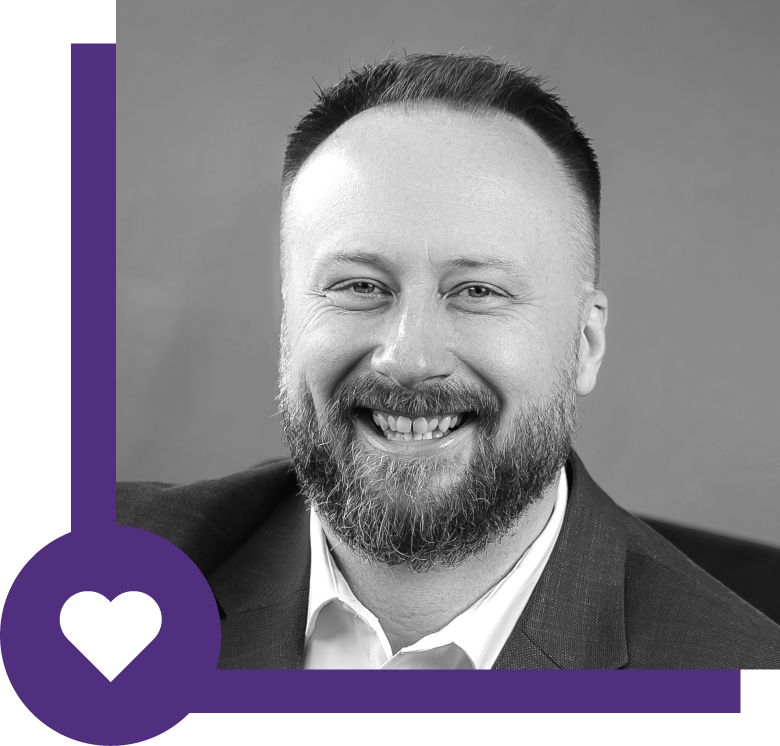
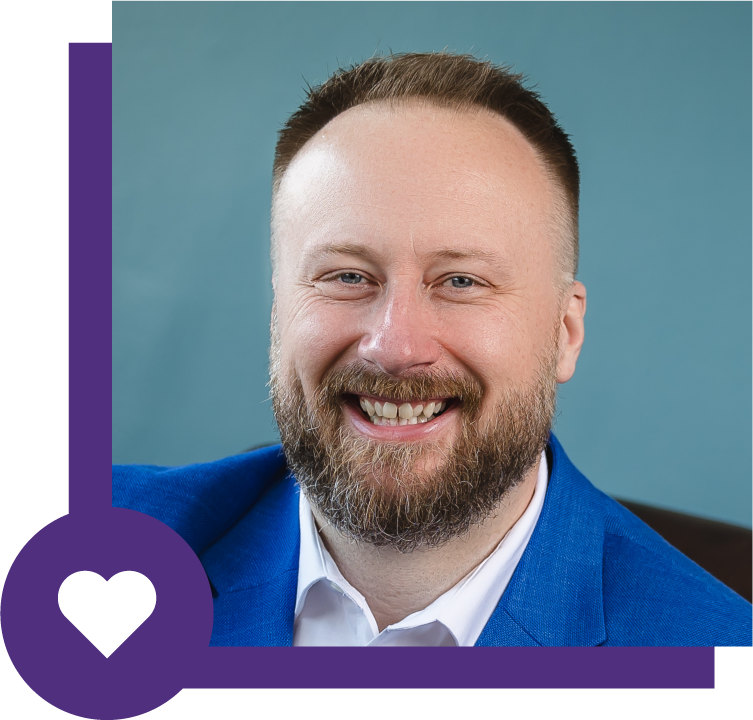
Reno,
Nevada
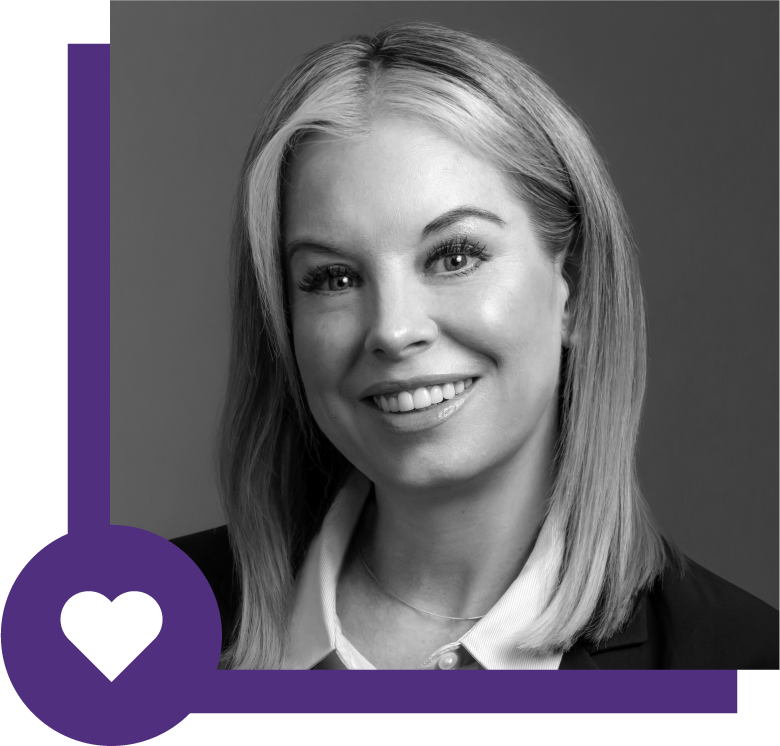
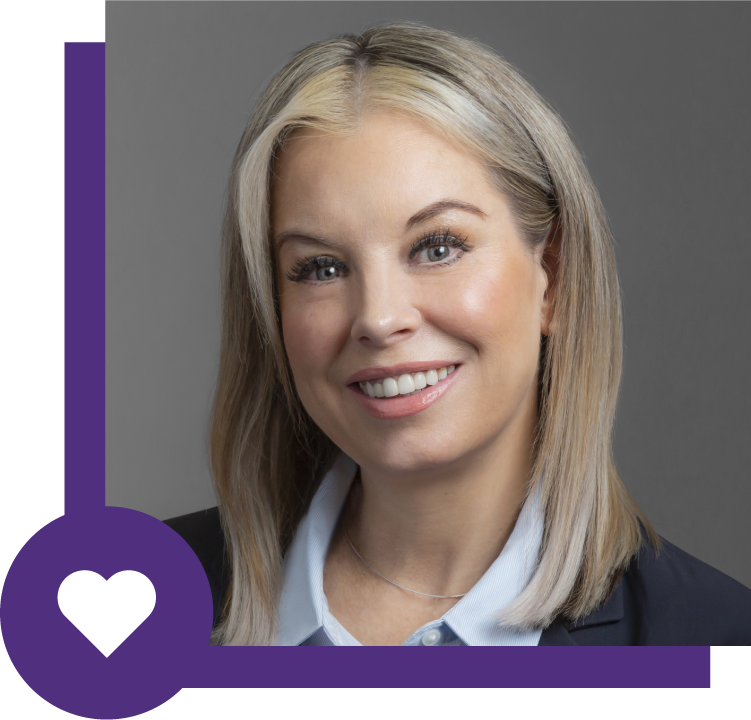
San Bernardino,
California
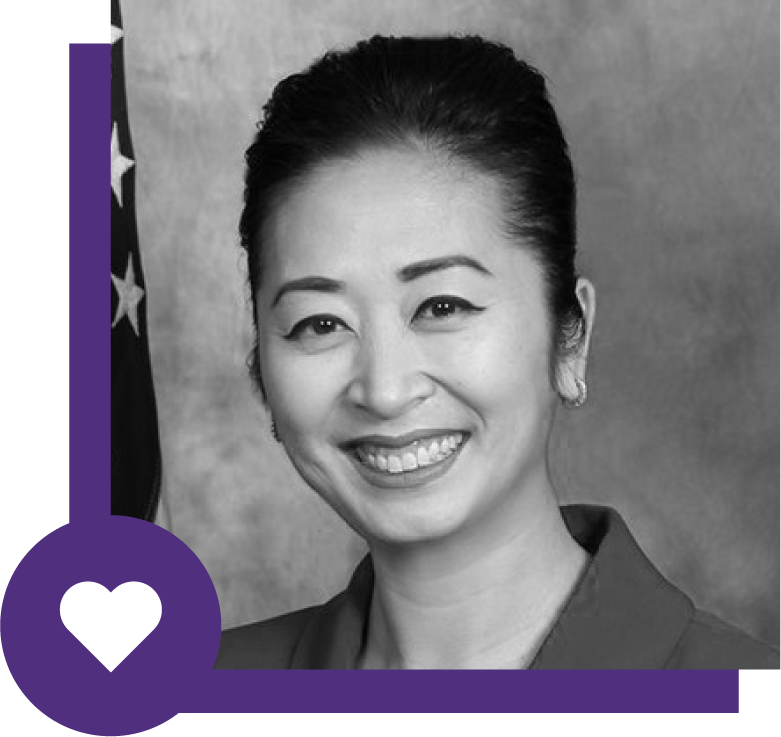

Love Your Block Program Details
City Award Benefits
Cities participating in Love Your Block receive $100,000 to support mini-grants for community-led revitalization projects and a Love Your Block fellow to support the city in this work. Love Your Block cities also receive a dedicated AmeriCorps VISTA and technical assistance and training from the Bloomberg Center for Public Innovation at Johns Hopkins team of civic engagement experts.
About the Bloomberg Center for Public Innovation at Johns Hopkins
The Bloomberg Center for Public Innovation at Johns Hopkins University works to advance public sector innovation across the globe by marrying cutting-edge practice with world-class research to transform the culture of government, deliver exceptional results for residents, and inspire trust in public service. Launched in 2021 in partnership with Bloomberg Philanthropies and Johns Hopkins University, the Center supports programs that equip local governments to unlock the insight, talent, and energy of their residents in cities across the globe.
About AmeriCorps VISTA
AmeriCorps VISTA is a federal anti-poverty program. VISTA members are full-time volunteers who support projects at nonprofits, grassroots organizations, and local government agencies that operate programs to help alleviate poverty in the United States. They strengthen and support these organizations by improving their infrastructure, expanding community partnerships, securing long-term resources, training program participants, and developing other activities that help build long-term sustainability for overcoming poverty.
AmeriCorps VISTA members commit to a full year of service and receive a living stipend as well as an end-of-service award upon completion of their service. One (1) AmeriCorps VISTA member each year works under the direction of the designated city lead. The VISTA will lead volunteer recruitment and impact volunteering and their time must be used in accordance with the core principles of the VISTA program to improve lives, strengthen communities, and foster civic engagement through service and volunteering.
To learn more about the AmeriCorps VISTA program, eligibility requirements, and benefits, visit: https://americorps.gov/serve/americorps/americorps-vista.
Contact
For more information about the Love Your Block program, email [email protected].

